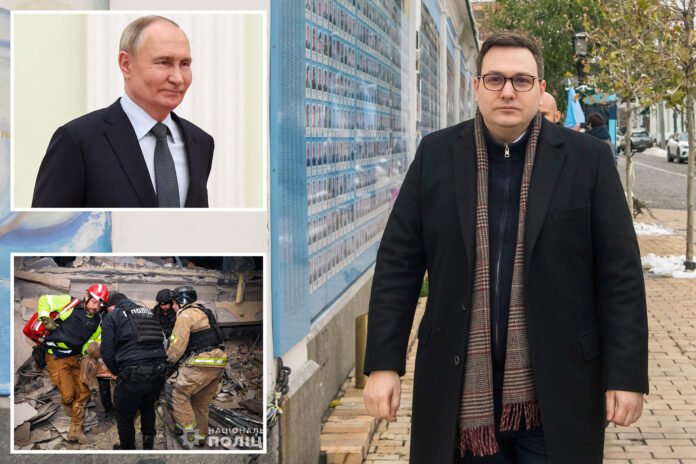The European Union’s Response to Russian Hybrid Threats: A New Sanctions Framework
In a significant move aimed at countering the escalating hybrid threats posed by Russia, the European Union (EU) is contemplating the implementation of sanctions targeting individuals and entities allegedly involved in cyber attacks, election interference, and other forms of sabotage. This unprecedented initiative comes in response to a marked increase in such activities since Russia’s invasion of Ukraine in 2022.
Rising Incidents of Hybrid Warfare
The past three years have seen a dramatic rise in hybrid attacks across the EU’s 27 member states, with over 100 incidents reported in 2024 alone. These attacks encompass a range of tactics, including espionage, disinformation campaigns, and direct sabotage. Czech Foreign Minister Jan Lipavsky has been particularly vocal about the need to confront these threats, asserting that many of these incidents can be directly attributed to Russian efforts to destabilize European politics and society.
Targeting Key Individuals and Entities
As part of the proposed sanctions, a list has been compiled that includes 16 individuals and three entities believed to be connected to Russian hybrid operations. This list is currently under discussion among EU diplomats, with the aim of formalizing a new sanctions framework. The sanctions would not only target Russian nationals but also extend to entities from Moldova, Ivory Coast, Georgia, and Togo, highlighting the international dimensions of Russia’s hybrid warfare strategy.
The Impact on Eastern European Nations
Countries in Eastern Europe, particularly those that were once part of the Soviet bloc, have been at the forefront of Russian hybrid attacks. The Czech Republic, along with Estonia, Latvia, Lithuania, and Poland, has experienced significant sabotage efforts. These nations have become battlegrounds for influence operations and espionage, prompting calls for a unified response from the EU. Lipavsky emphasized the importance of sending a strong message to Moscow, asserting that such aggression will not be tolerated.
Broader Implications for EU Politics
The ramifications of Russia’s hybrid warfare extend beyond immediate attacks. For instance, in December, Georgia’s government, which has been criticized for its pro-Russian stance, announced the suspension of talks to join the EU. This decision underscores the complex geopolitical landscape in which hybrid threats operate, influencing not only security but also the political aspirations of neighboring countries.
In Romania, the recent annulment of a presidential election due to allegations of Russian interference further illustrates the pervasive impact of hybrid tactics on democratic processes within the EU. Such incidents raise concerns about the integrity of elections and the potential for foreign influence to undermine national sovereignty.
Sanctions and Their Enforcement
The sanctions framework, agreed upon during an EU meeting on October 8, includes measures such as asset freezes, bans on cooperation with EU businesses and citizens, and restrictions on entry into EU countries. These actions are designed to create tangible consequences for those involved in hybrid warfare, aiming to deter future aggression.
The urgency of this response is underscored by recent incidents attributed to Russian saboteurs, including the cutting of undersea fiber-optic cables connecting several EU nations and an arson attack on a German metal factory aimed at disrupting arms shipments to Ukraine. These acts of sabotage highlight the ongoing threat posed by Russia and the necessity for a coordinated EU response.
Conclusion: A Unified Front Against Hybrid Threats
As the EU navigates the complexities of hybrid warfare, the proposed sanctions represent a critical step in establishing a unified front against Russian aggression. By holding individuals and entities accountable for their actions, the EU aims to protect its member states from further destabilization and interference. The evolving nature of hybrid threats necessitates a robust and adaptive response, and the EU’s commitment to addressing these challenges will be pivotal in safeguarding its democratic values and security in the years to come.

